If you’re a horse lover, the word colic may strike fear into your heart. Colic is one of the most dangerous medical issues horses can develop. It can strike any horse at any time, and, unfortunately, can be fatal. A Clarkesville, GA veterinarian discusses this dangerous condition below.
Prevention
While there’s no way to completely protect Blaze from getting colic, there are ways to reduce the risk of him developing it. First and foremost, make sure he always has fresh, clean water. Getting ample turnout is also important. If you have sandy ground, use hayracks or nets for feeding, rather than putting hay directly on the ground. Putting rubber mats beneath racks and nets can also help, as these reduce the risk of your horse ingesting sand as he’s nibbling up food. Proper nutrition is also crucial. Make any changes slowly, and don’t feed too many pellets or sweet feeds. These can contribute to colic. Ask your vet for specific nutritional advice. Controlling parasites is another key, as is getting Blaze’s teeth floated regularly. Always take time to cool your horse down properly after exercising. Finally, be extra vigilant with horses that have colicked before.
Know Early Warning Signs
Signs of colic can vary from horse to horse. Blaze may keep getting up and down, refuse to eat, drink more or less than usual, or roll over onto his back. He might also bite or look at his sides. Other symptoms include smaller, dryer, or mucus-covered stools; sweating; pawing; undigested grain in the stool; elevated heart rate; discolored mucus membranes; agitation; and restlessness. Contact your vet immediately if you notice any of these red flags.
Treatment
Colic should always be considered an emergency, and one that requires immediate veterinary care. It can be treatable, but treatment options–and their chances of success–depend on the type and severity of the colic, and how quickly treatment is started. While you’re waiting for your vet to arrive, remove grain and hay from Blaze’s stall. Walking, as you may know, may help get your horse’s digestion going again. However, if it doesn’t seem to be helping, just let your hooved buddy rest. Colicked horses often roll, which increases the odds of them getting cast, so you may want to take Blaze outside.
As your Clarkesville, GA veterinary clinic, we’re here to help. Please contact us for all your horse’s veterinary care needs.
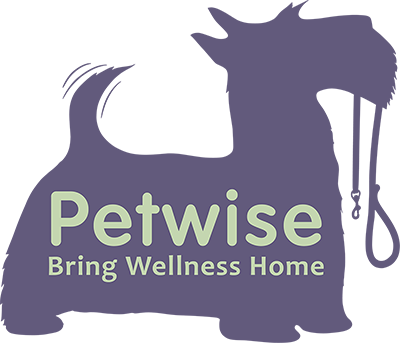
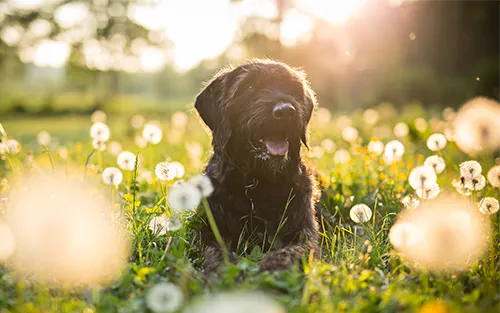
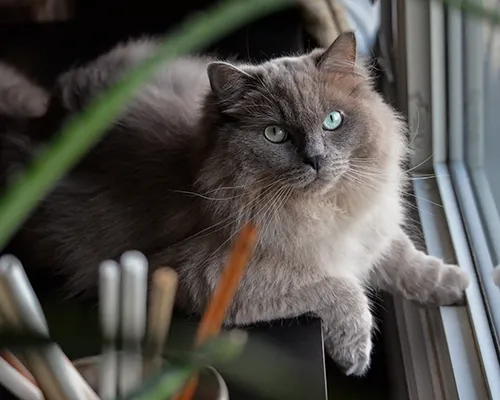


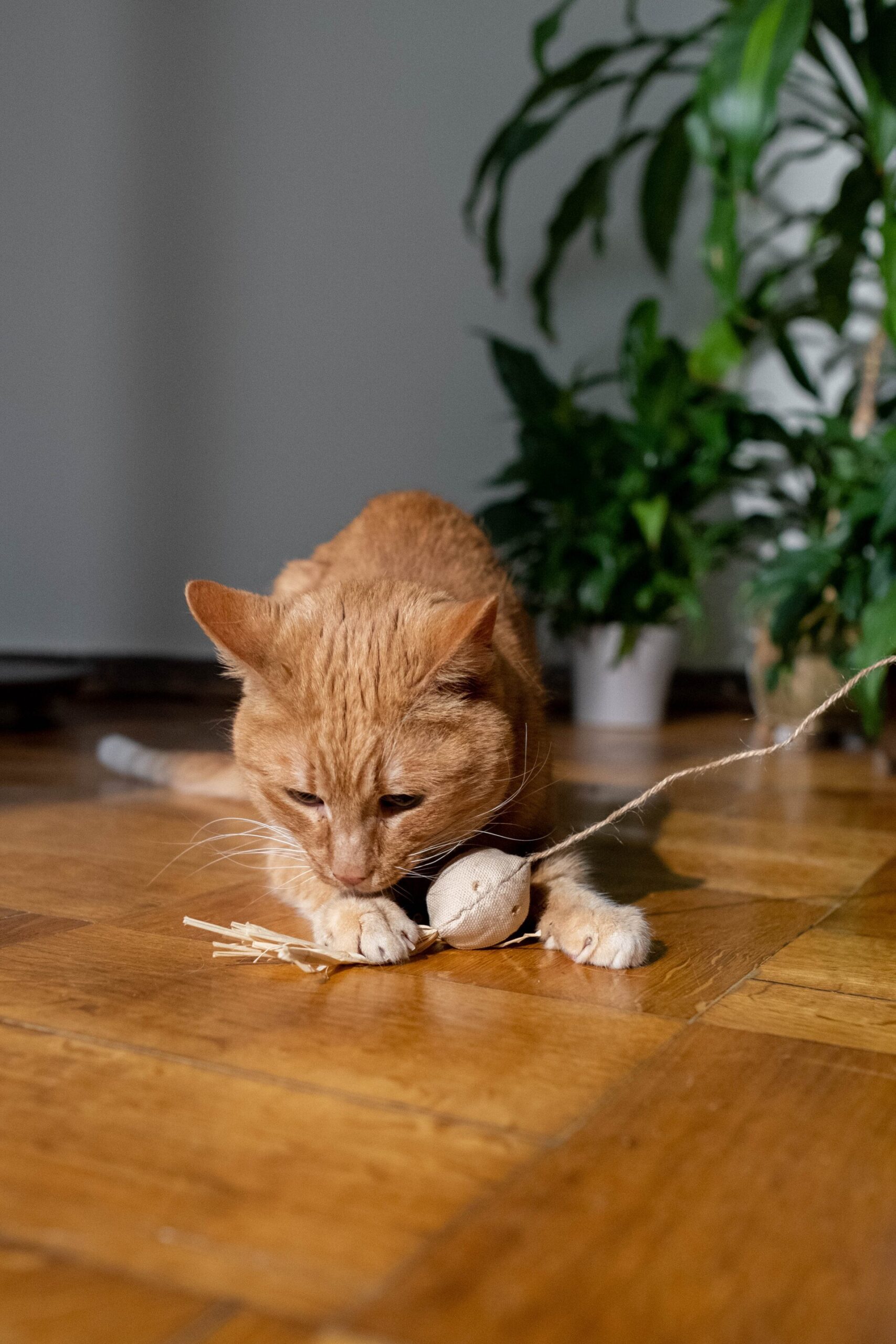
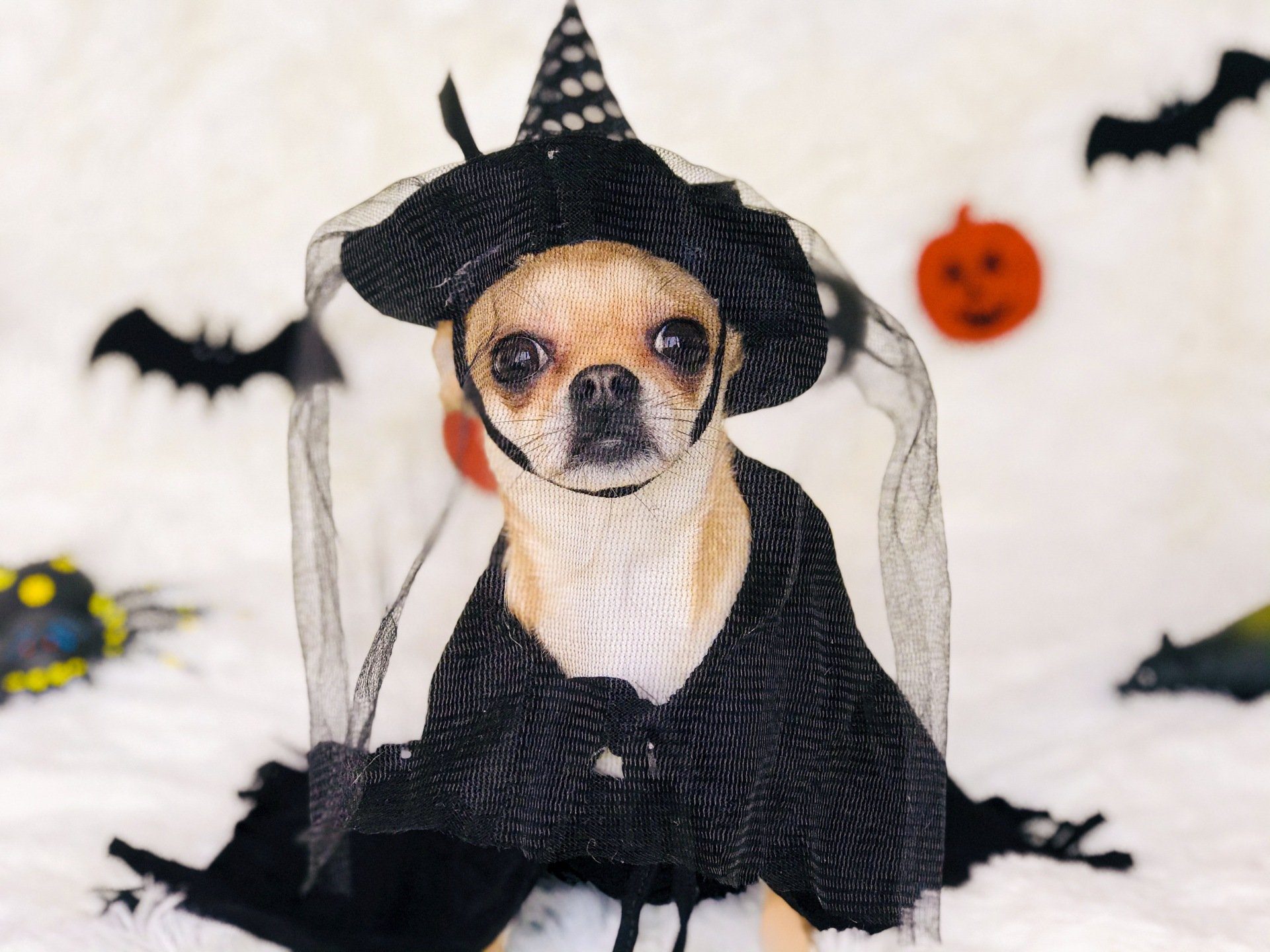
!Social Media Icons